background - (2020-2022)
Modernist ideas and Soviet urban planning practices of the 20th century significantly changed and formed the look of Russian cities. Standardization, simplification, urbanization of rural areas, and centrally controlled development resulted in almost identical panel neighborhoods nationwide. After the USSR collapsed, these practices and related problems, in the main, were not rethought but somehow adapted to the new economic reality.
Today, the outskirts of Russian cities continue to grow with typical high-rise panel buildings. They are often built right in the middle of the fields, torn from the rest of the city and surrounded by wastelands and industrial zones. Some might call them modern city frontiers and compare their architecture with anthills.
I grew up in a similar neighborhood, built in the early 90s on the outskirts of Samara. I lived only a few «90K-series» blocks away from the place where the «city» actually ended. Further on were rows of metal garages, ravines, and dachas drowning in greenery and emptying most of the year. That is probably why I am used to these large, unsettled spaces, wide, half-empty roads, and chaotic nature around. That is probably why I don't find these new neighborhoods disturbing, gloomy, or dystopian; on the contrary, they often evoke a sense of nostalgia and bring back some childhood memories. At the same time, I understand all the possible issues of living in these neighborhoods. Both domestic issues, like transport accessibility and lack of infrastructure, and social issues, like stress, atomization, and loneliness.
Project «background» attempts to capture the typical landscape and architecture of such new neighborhoods in Moscow, the city I've lived in for the last four years. The title «background» here can be considered on multiple levels. First, it refers to the rows of panel buildings on the horizon. Second, on a personal level, «background» is a term for one’s past - an experience of living and adapting to such an environment familiar to most Russian people, including me. And finally, «background» refers to a permanent Russian scenery, an environment where urban planning and development practices being reproduced for many years now as if time has stopped.
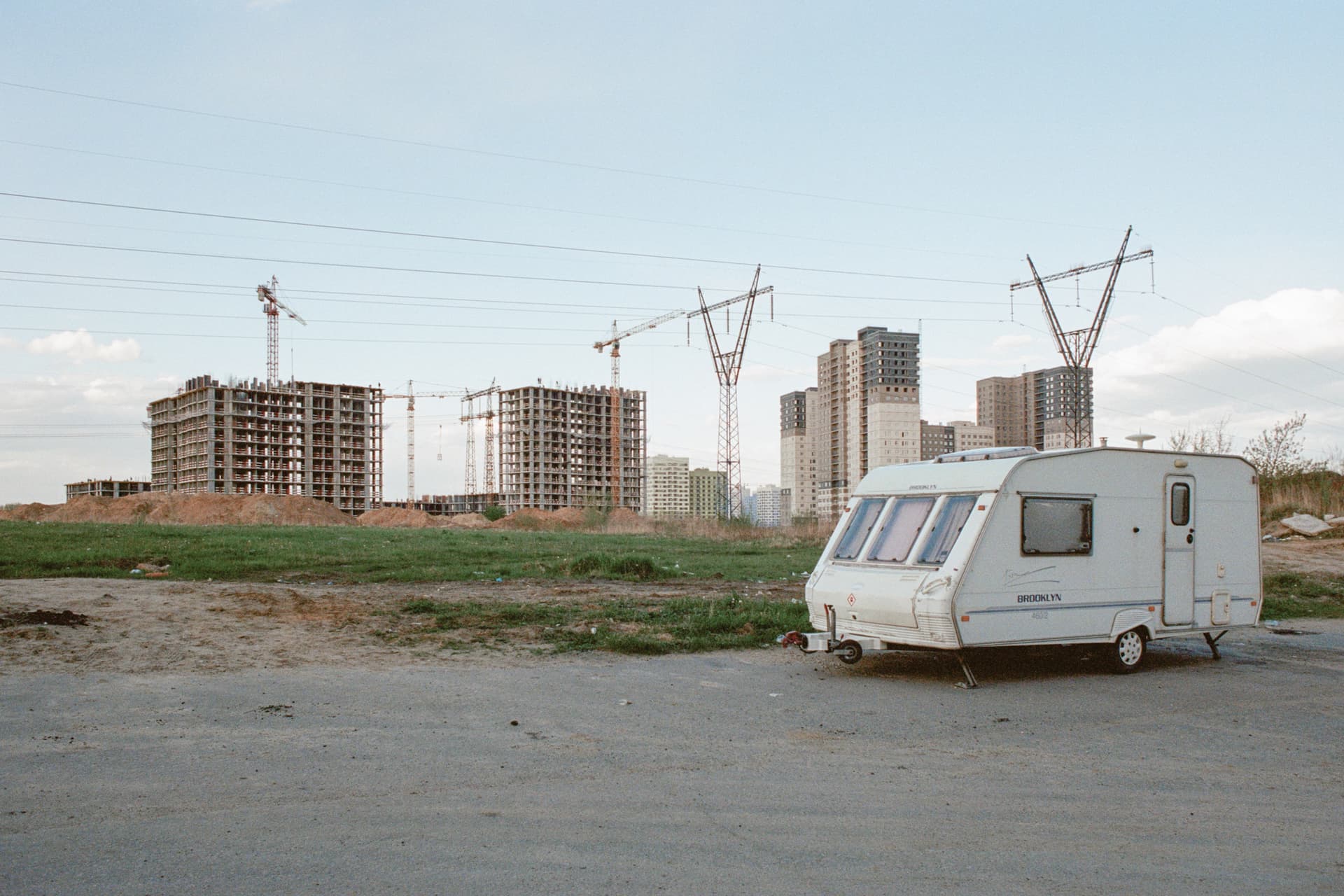 55.708678, 37.931242
55.708678, 37.931242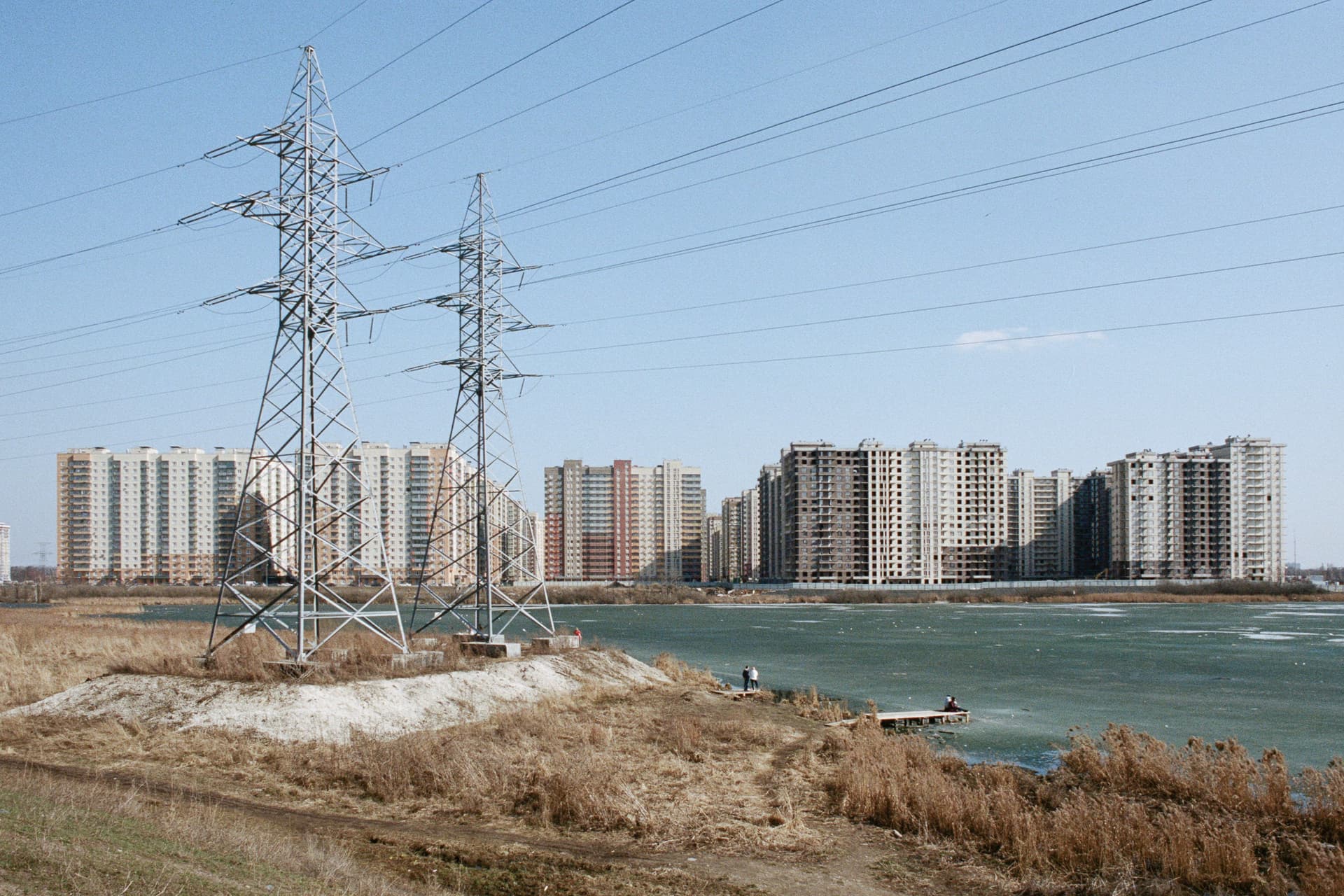 55.700485, 37.948893
55.700485, 37.948893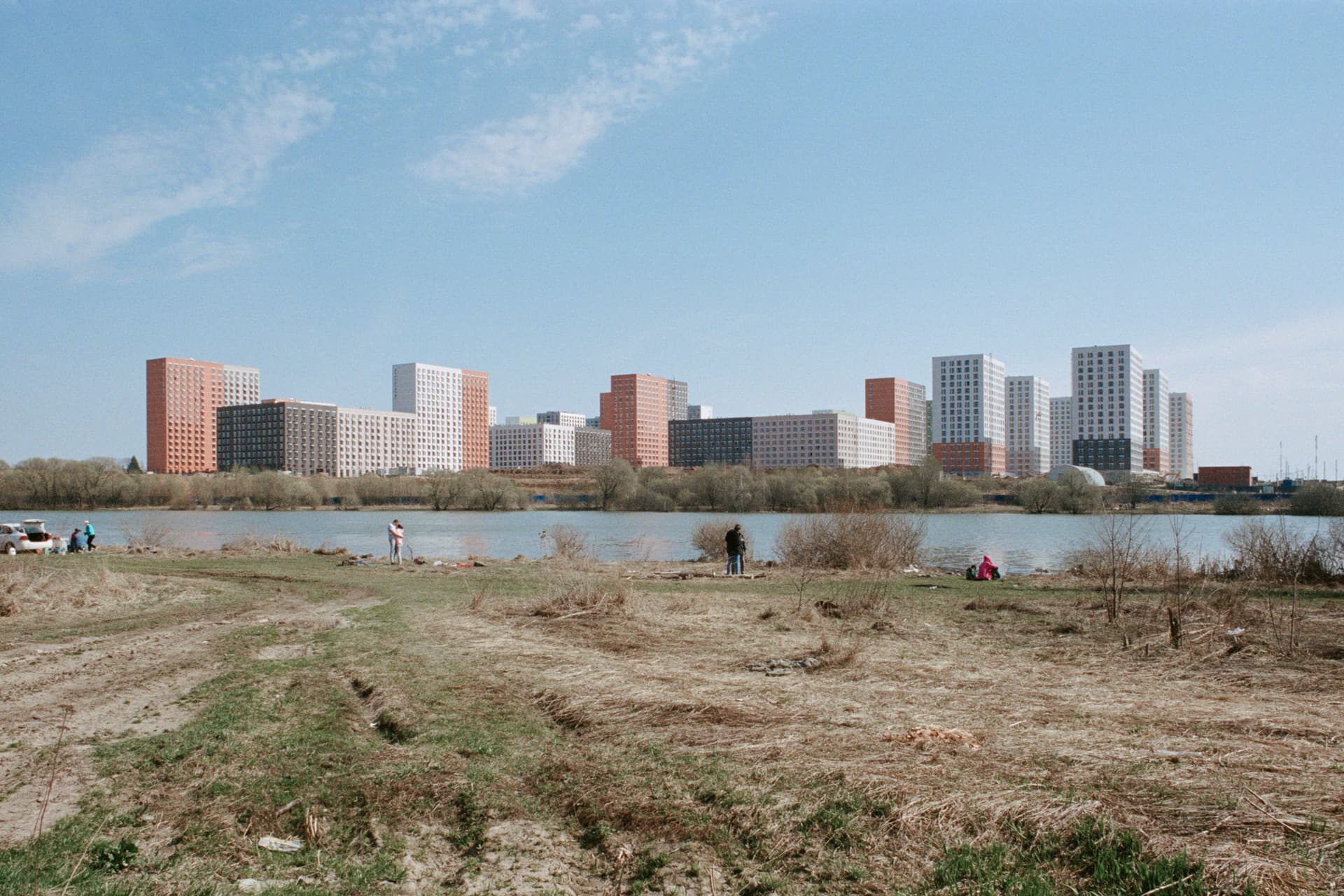 55.548019, 37.473540
55.548019, 37.473540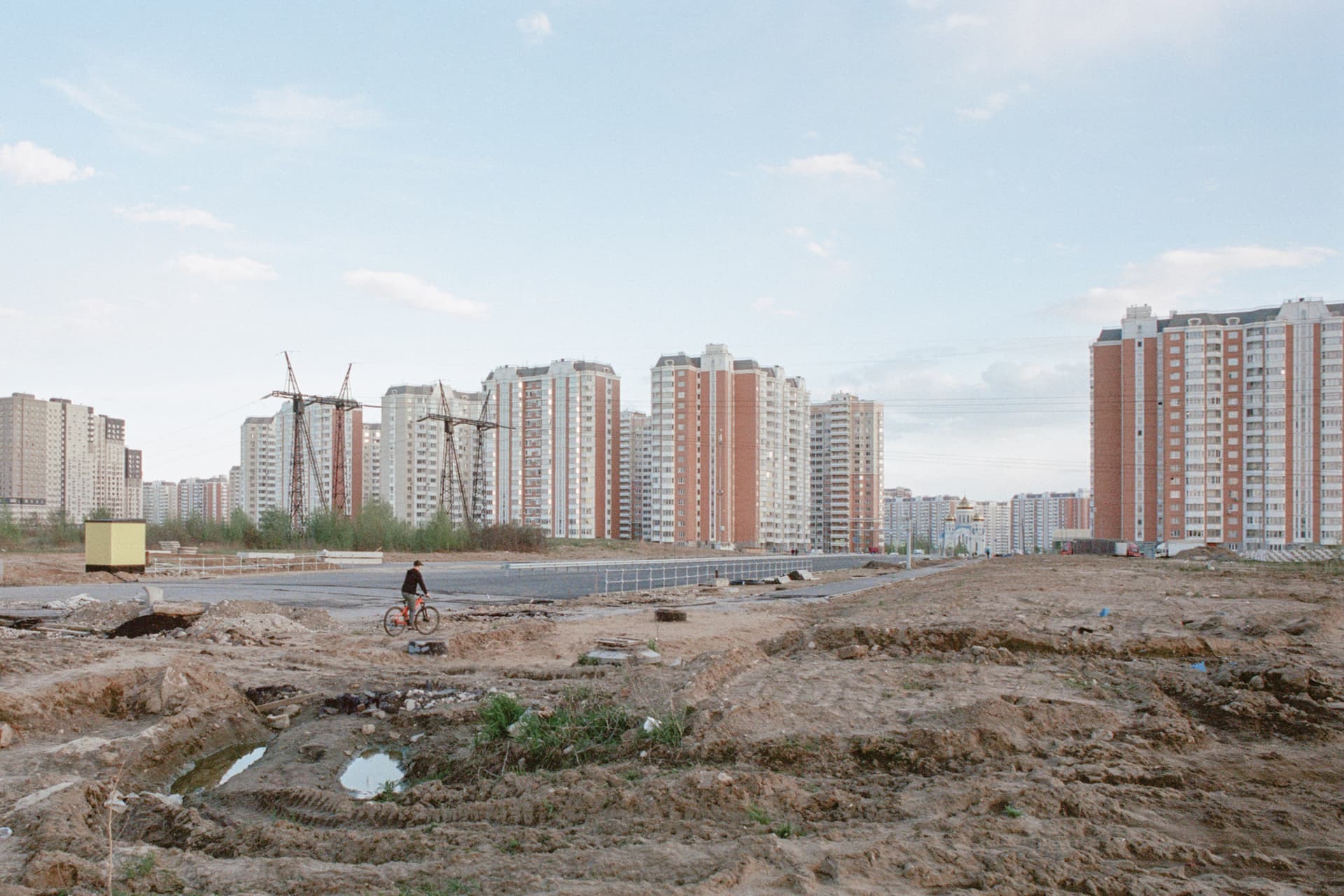 55.711123, 37.926158
55.711123, 37.926158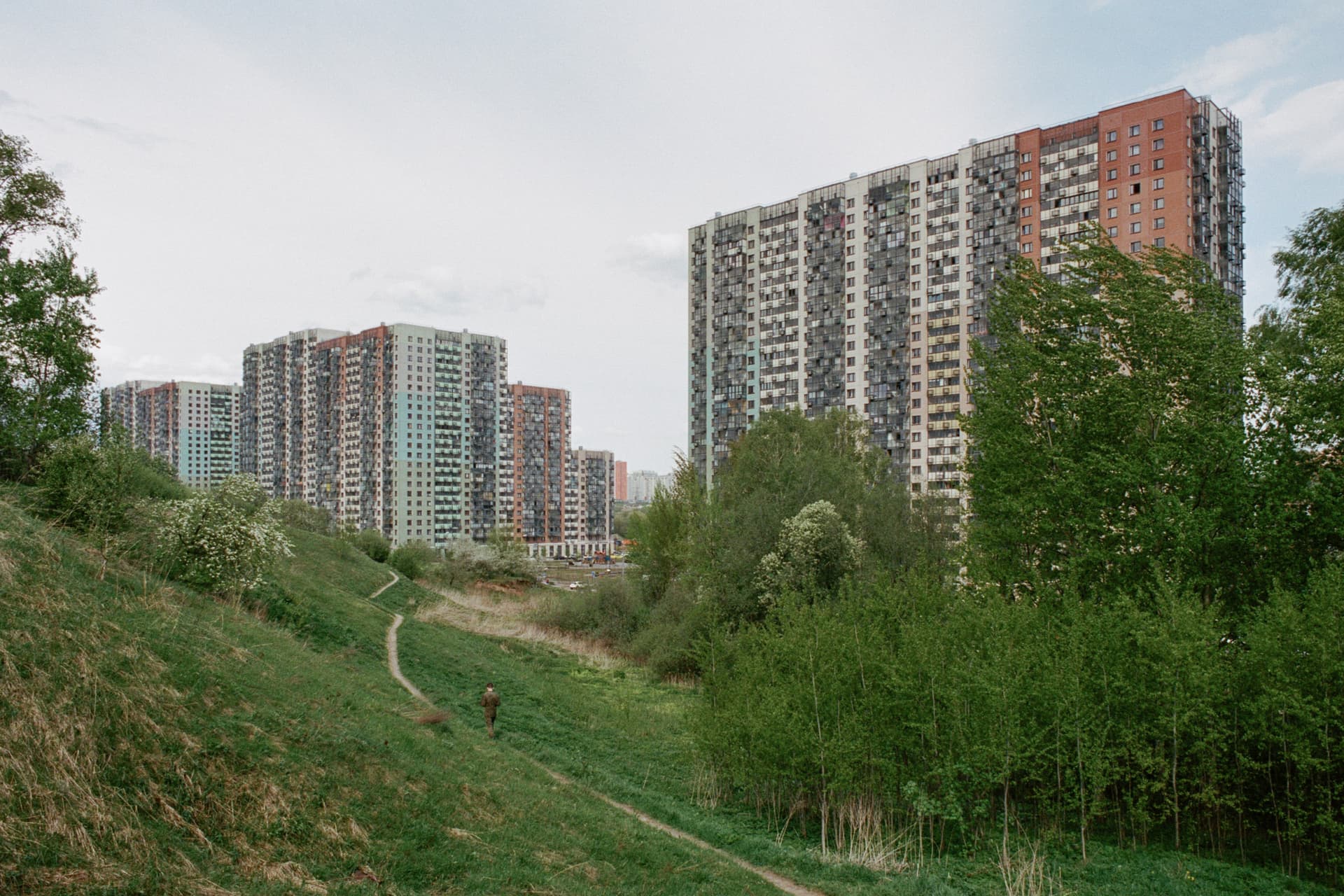 55.862549, 37.370457
55.862549, 37.370457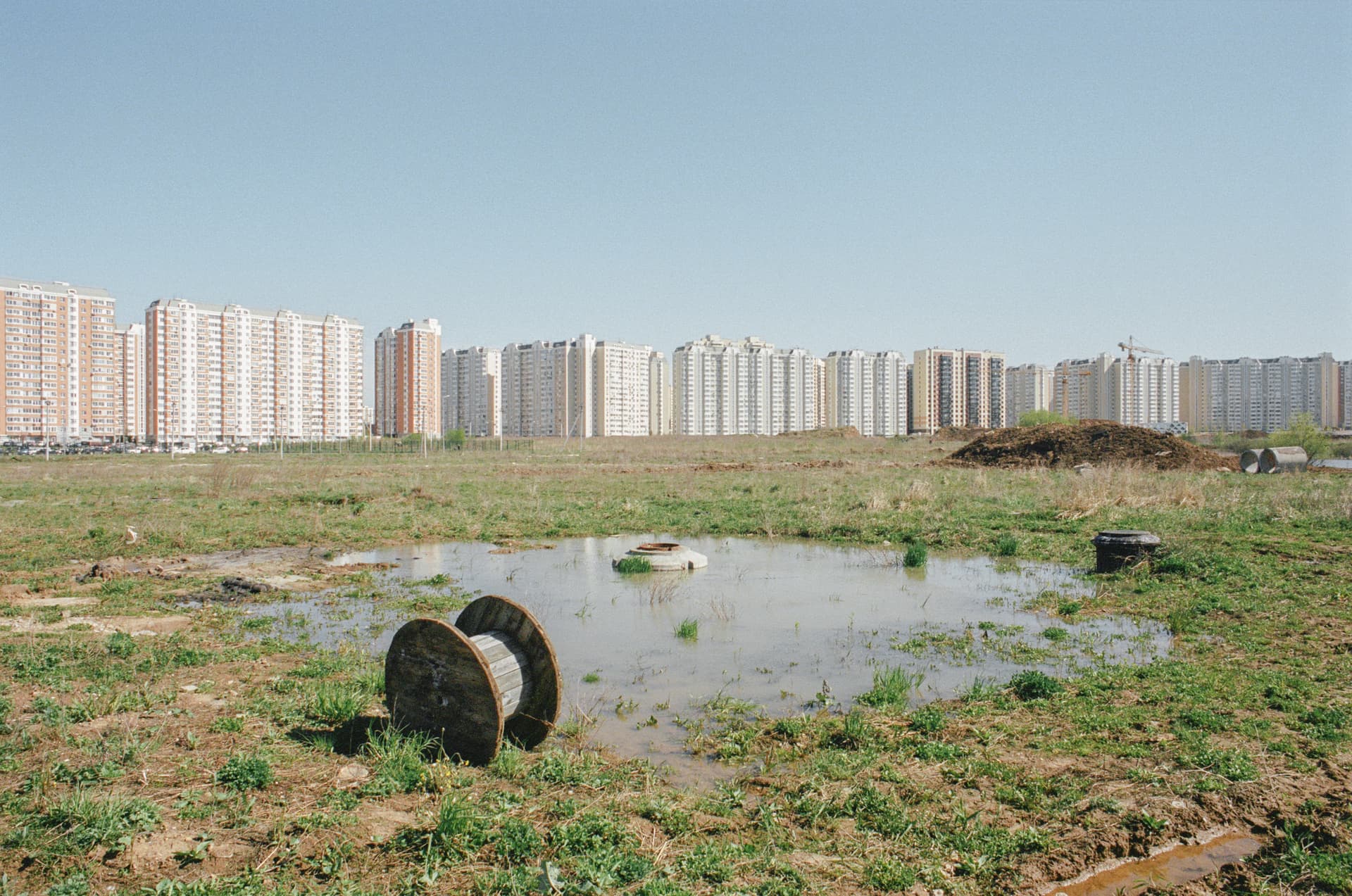 55.644314, 37.322720
55.644314, 37.322720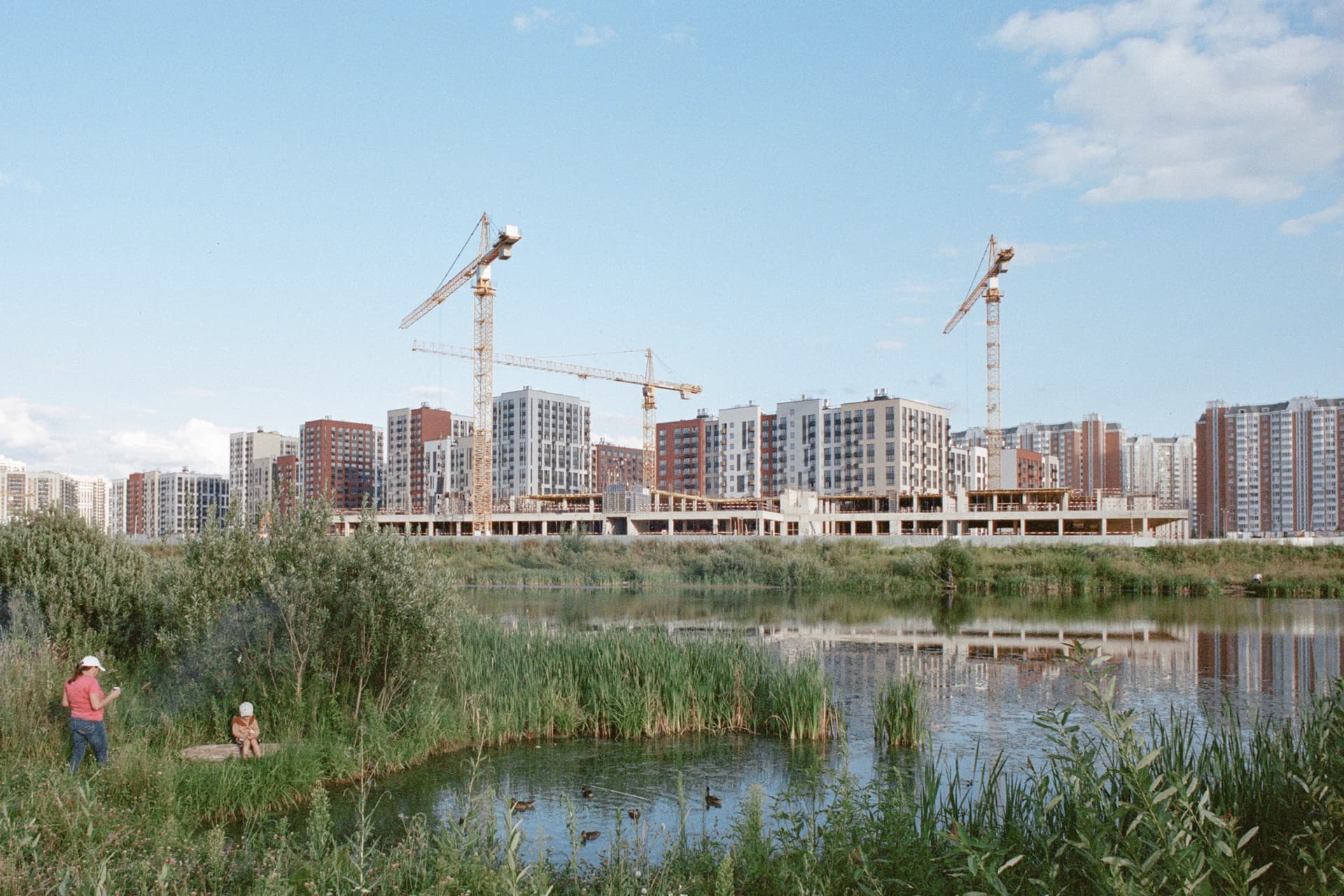 55.641641, 37.315626
55.641641, 37.315626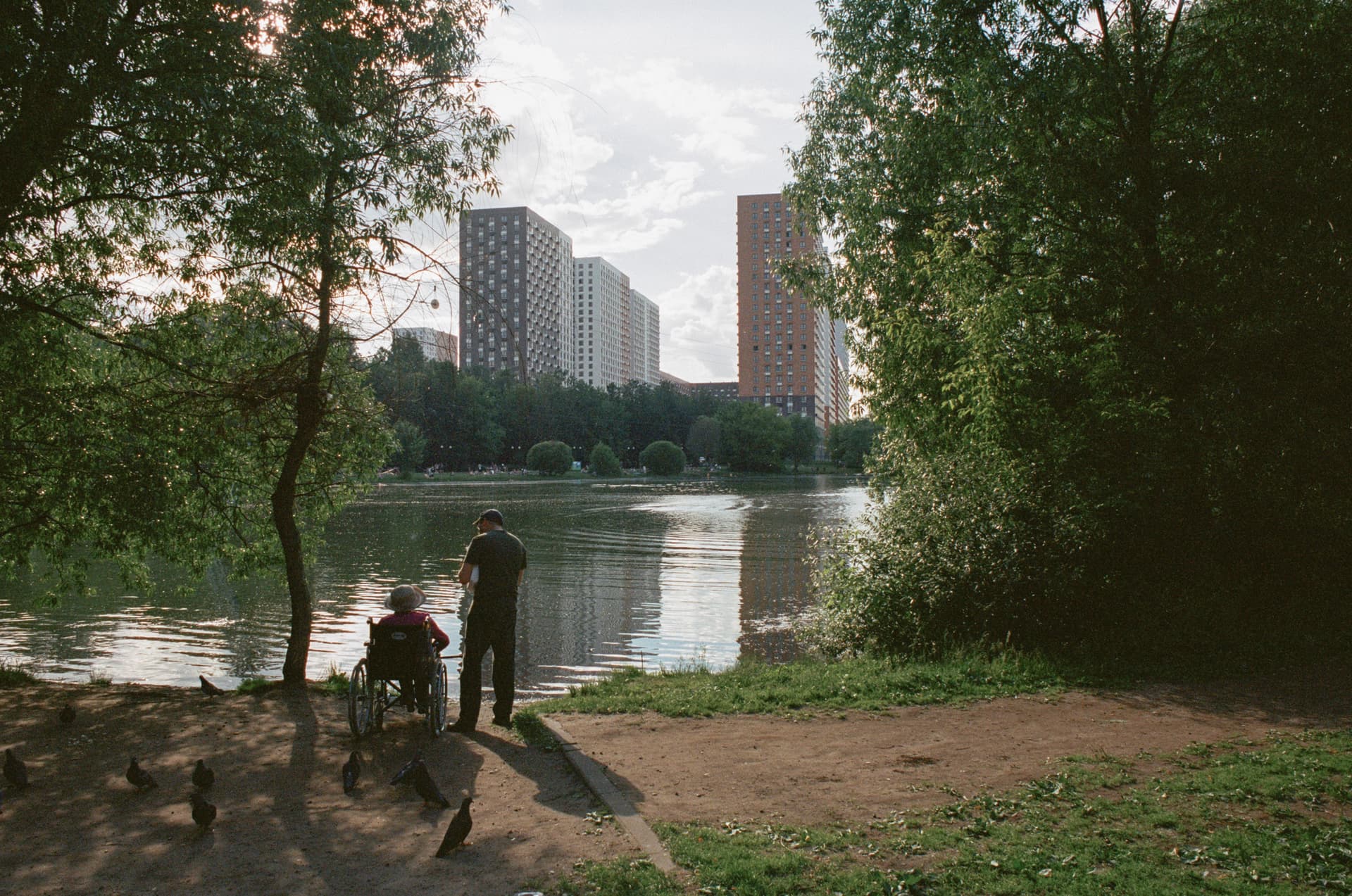 55.697722, 37.888923
55.697722, 37.888923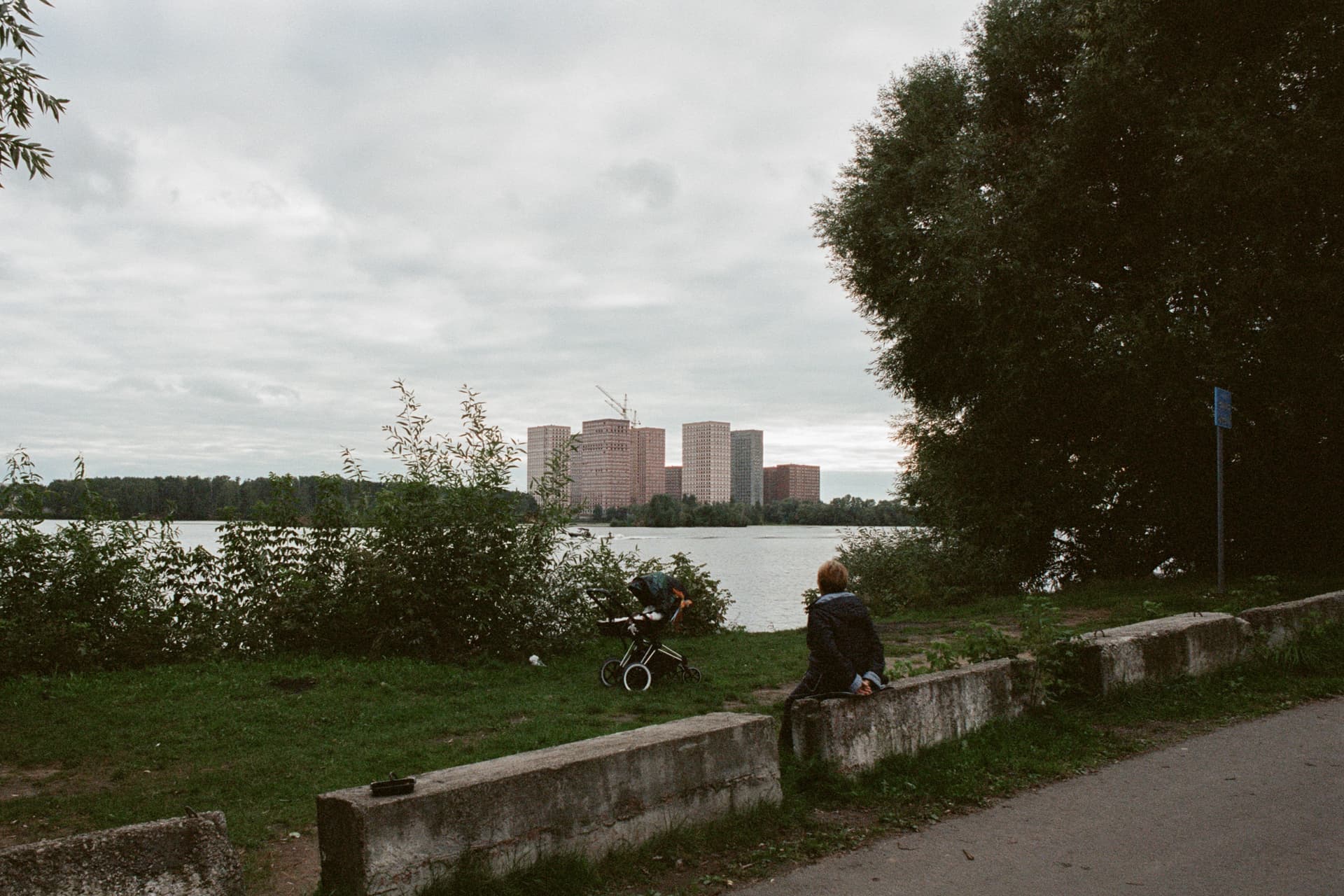 55.810099, 37.358133
55.810099, 37.358133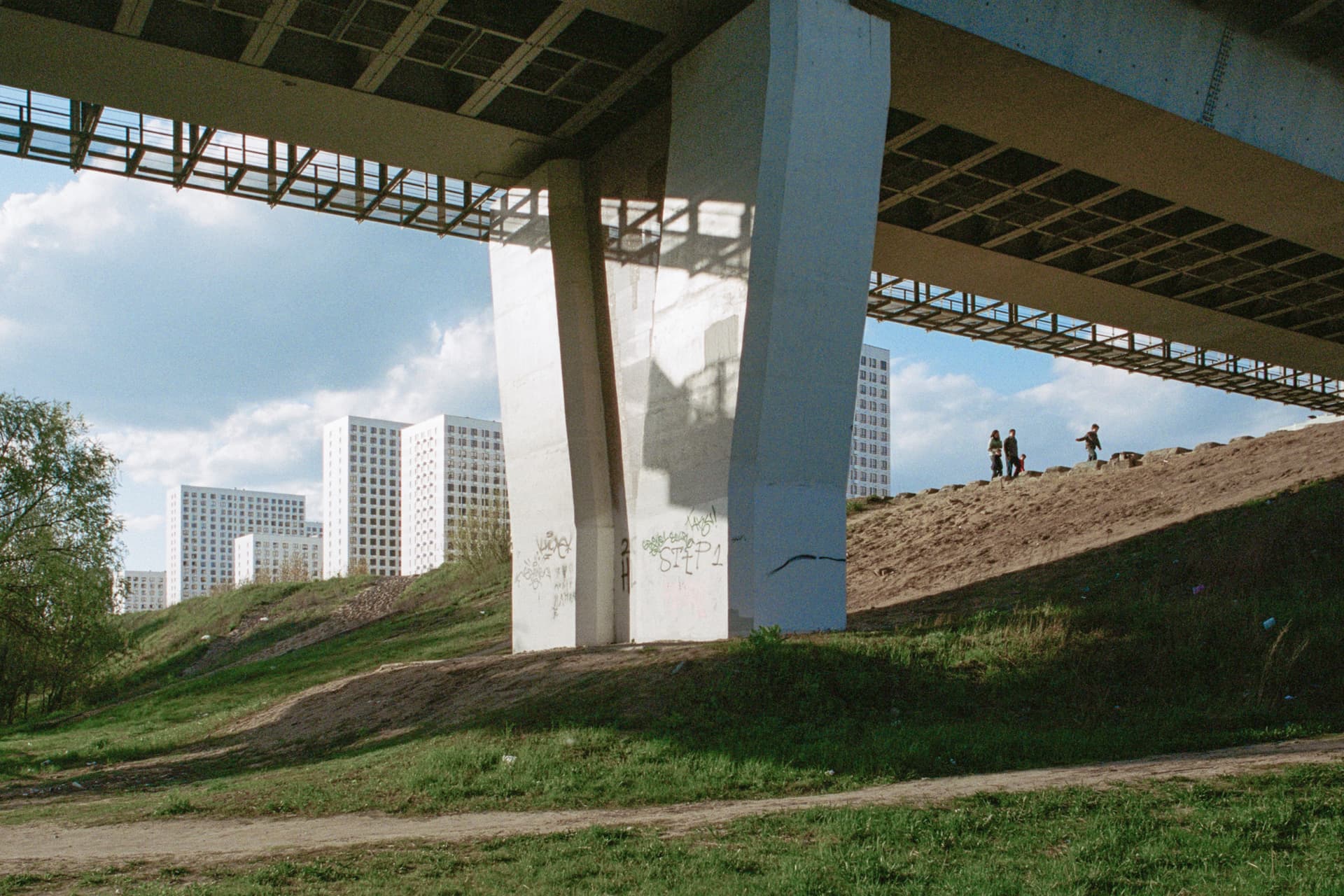 55.696231, 37.913072
55.696231, 37.913072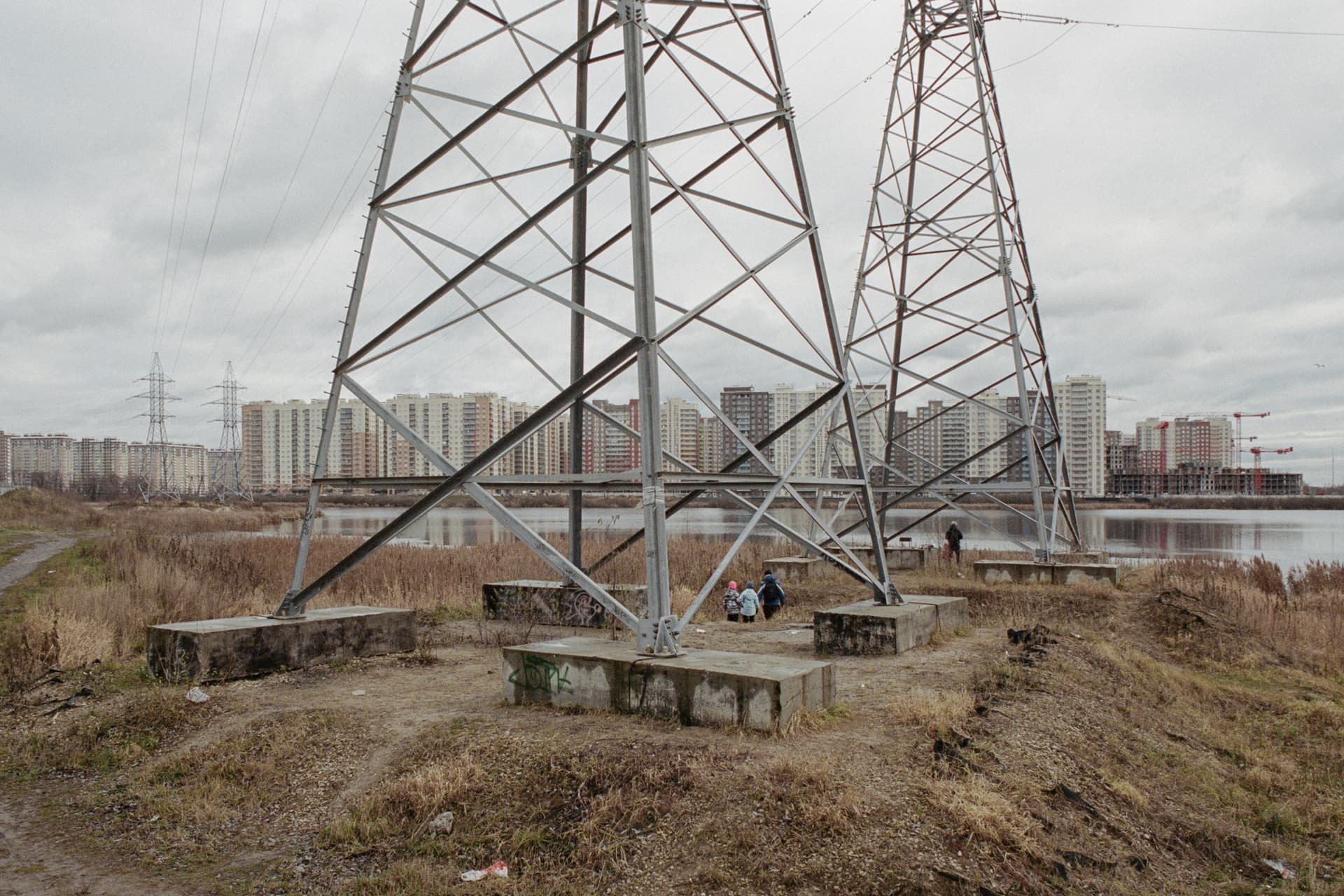 55.699615, 37.945499
55.699615, 37.945499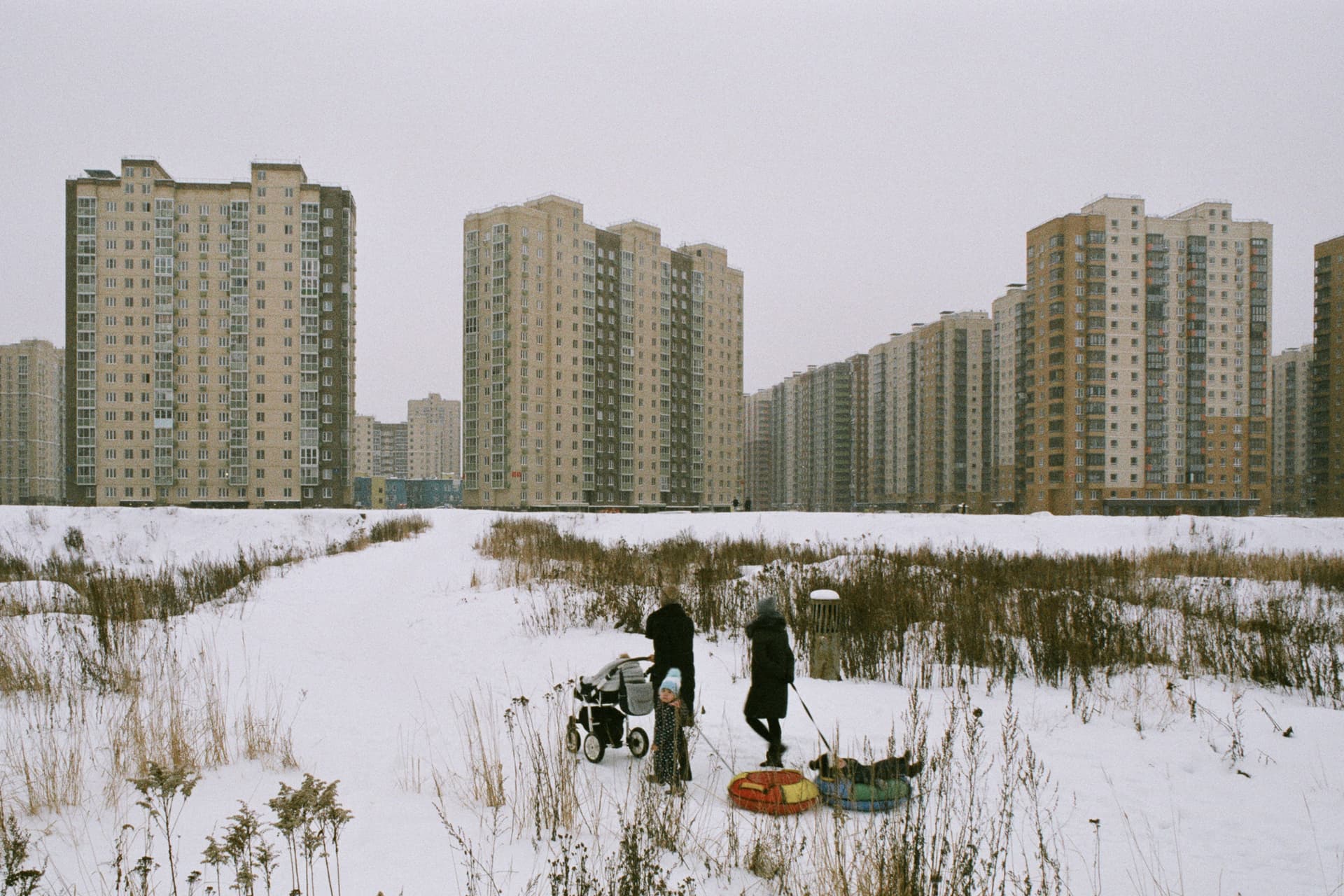 55.700815, 37.961149
55.700815, 37.961149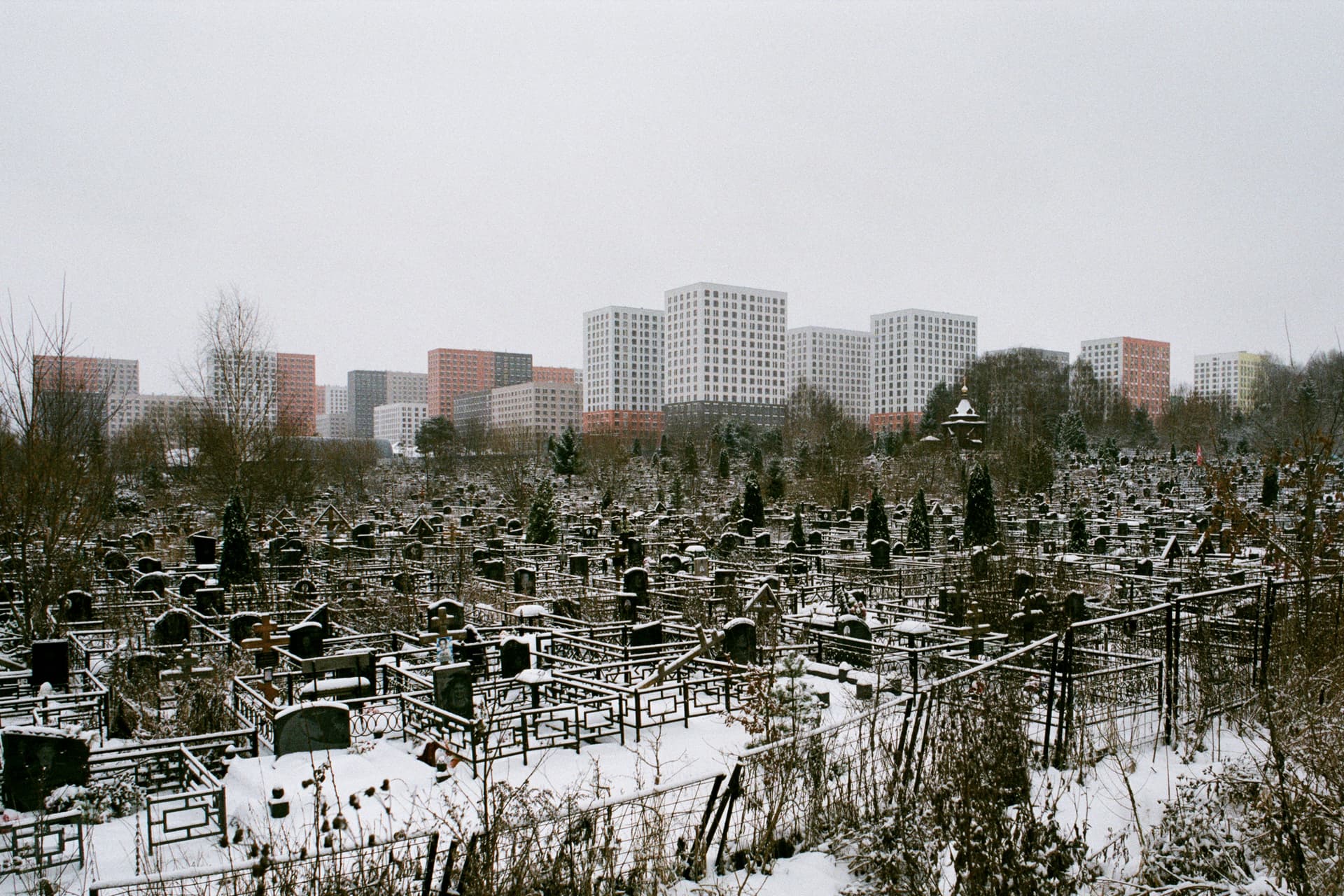 55.545679, 37.471090
55.545679, 37.471090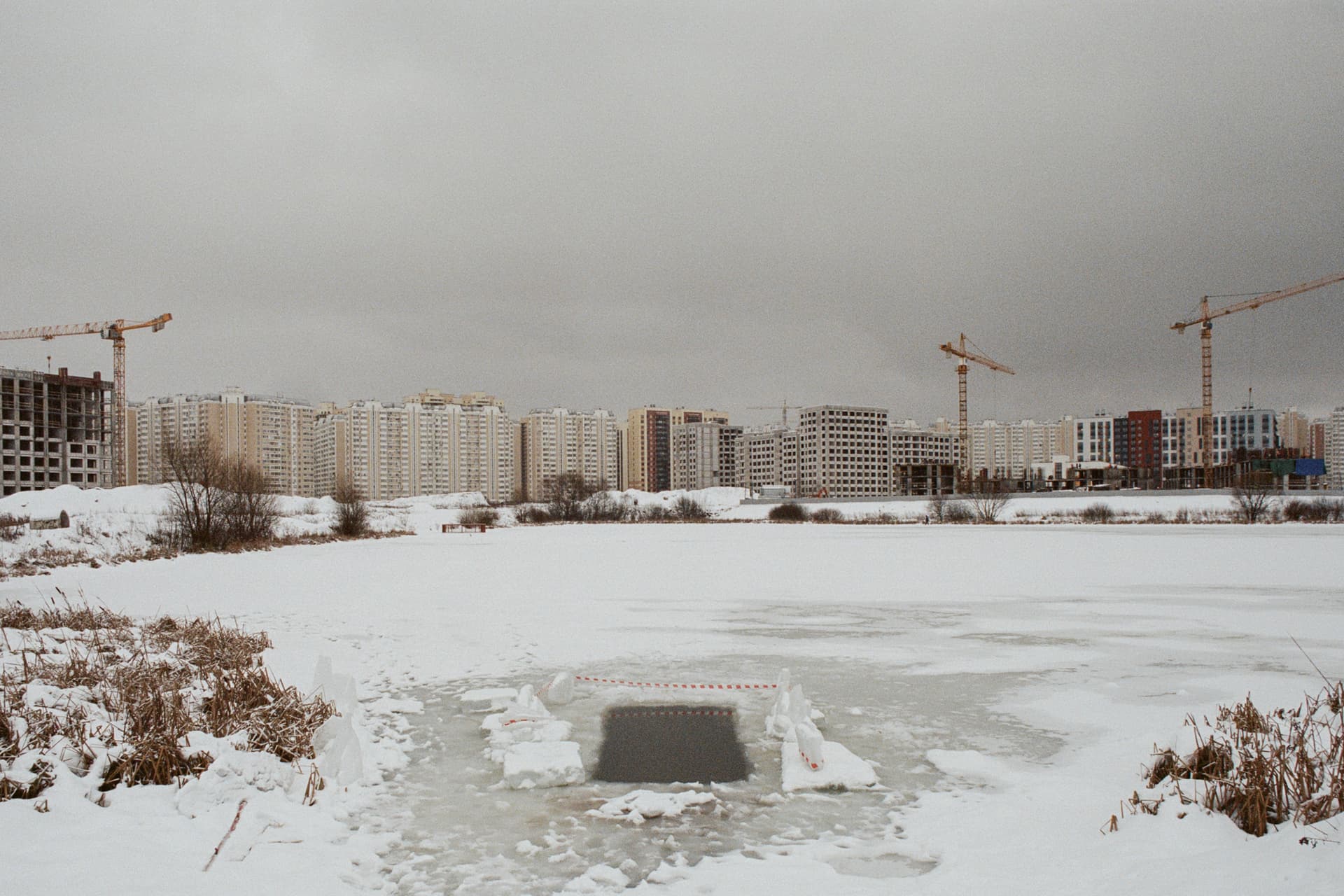 55.642604, 37.318997
55.642604, 37.318997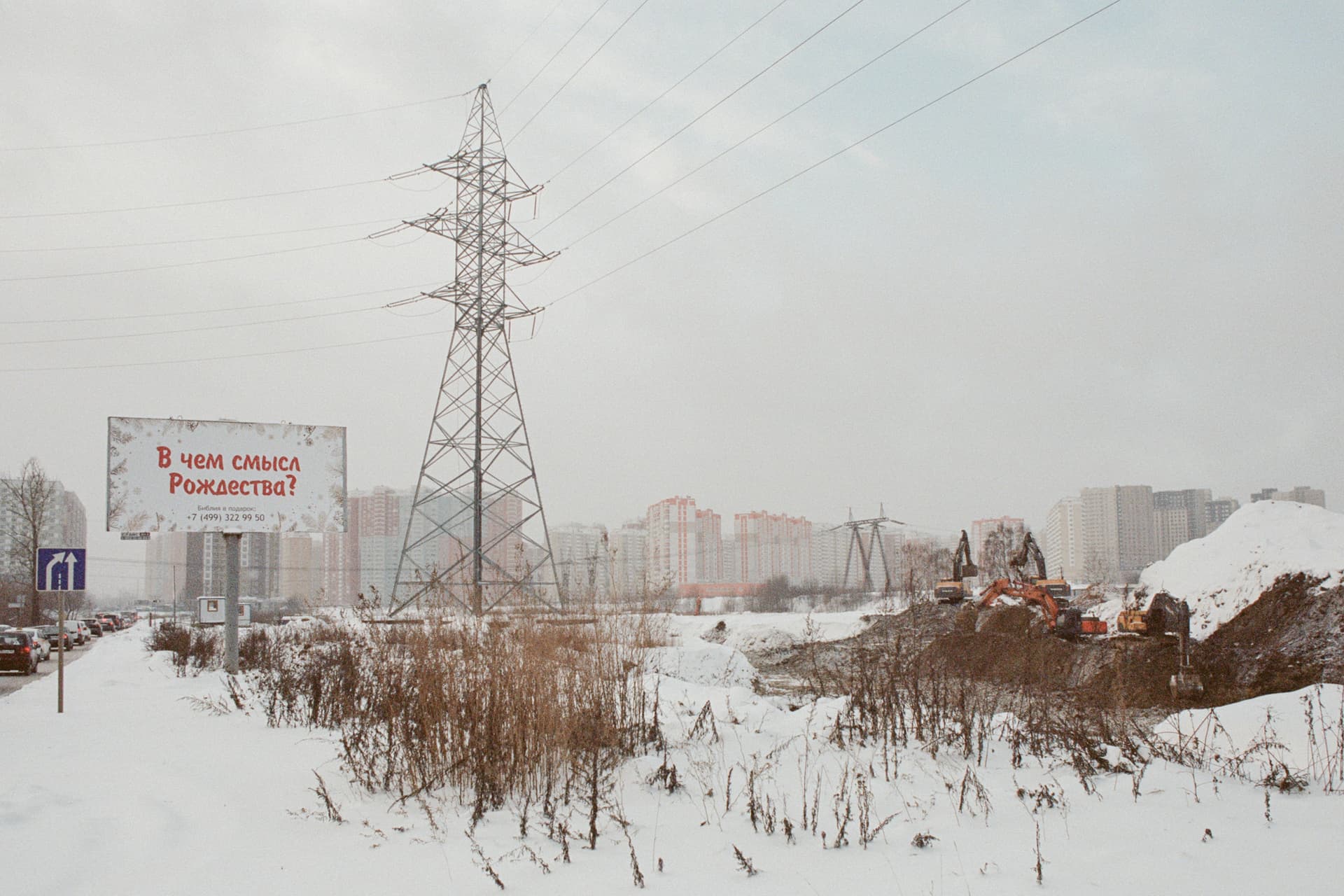 55.708370, 37.947200
55.708370, 37.947200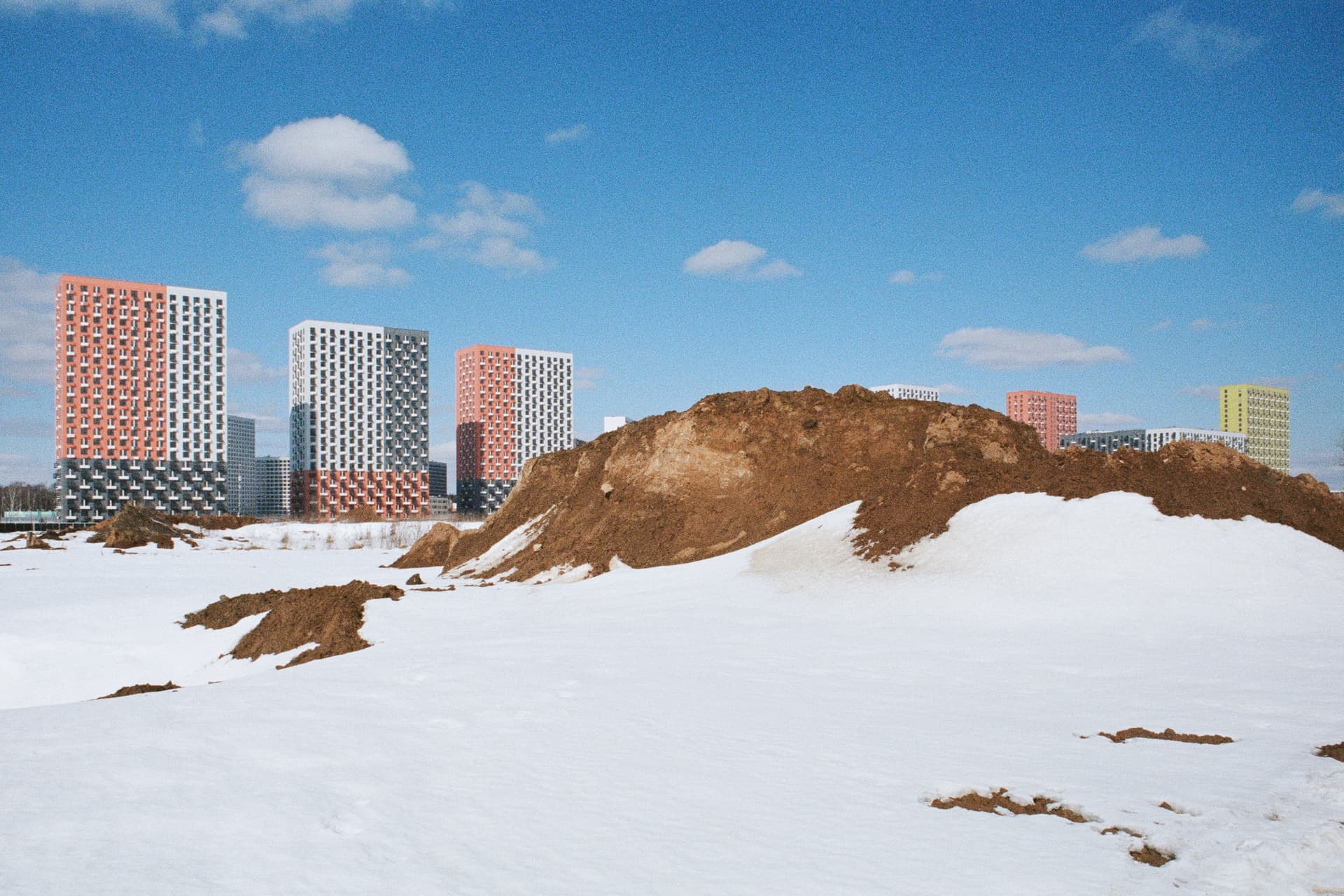 55.611583, 37.414979
55.611583, 37.414979